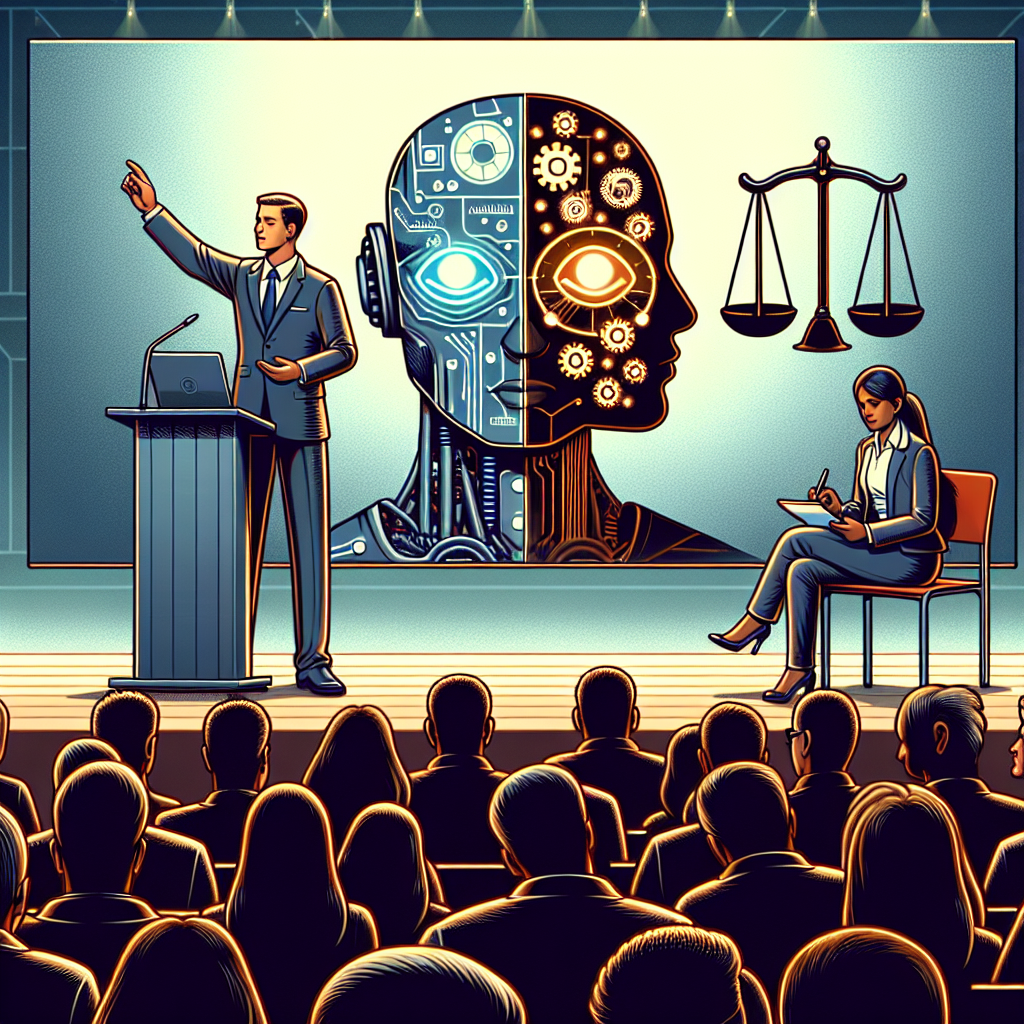In recent years, the rise of artificial intelligence (AI) platforms has revolutionized the way we interact with technology. These platforms, which use algorithms and machine learning to analyze data and make decisions, have the potential to greatly improve our lives by streamlining processes, providing personalized recommendations, and automating tasks. However, as AI platforms become more integrated into our daily lives, questions about their ethics and impact on society have come to the forefront.
The Ethics of AI Platforms
One of the key ethical considerations surrounding AI platforms is the issue of bias. AI algorithms are only as good as the data they are trained on, and if that data is biased, the algorithm will also be biased. This can lead to discriminatory outcomes, such as biased hiring practices, unfair loan approvals, or even racial profiling by law enforcement. In order to combat bias in AI platforms, developers must carefully curate and clean their training data to ensure that it is representative and diverse.
Another ethical concern is the lack of transparency in AI decision-making. Unlike human decision-makers, AI algorithms operate as black boxes, making it difficult to understand how they arrived at a particular decision. This lack of transparency can be problematic, especially in high-stakes scenarios such as healthcare or criminal justice, where the decisions made by AI platforms can have life-altering consequences. To address this issue, developers must strive to make their algorithms more interpretable and provide users with explanations for the decisions they make.
Privacy is also a major ethical consideration when it comes to AI platforms. These platforms often collect vast amounts of personal data in order to improve their algorithms and provide personalized experiences. However, this data collection can raise concerns about surveillance, data breaches, and the misuse of personal information. Developers must prioritize user privacy and implement robust security measures to protect the data collected by their AI platforms.
Additionally, the use of AI platforms in autonomous systems raises ethical questions about accountability and liability. Who is responsible when an AI algorithm makes a mistake or causes harm? Should the developer, the user, or the algorithm itself be held accountable? These questions are particularly relevant in fields such as autonomous vehicles, where AI platforms are tasked with making split-second decisions that can have life-or-death consequences.
Finally, there are ethical concerns about the impact of AI platforms on the job market. As AI technology advances, there is a growing fear that automation will lead to widespread job loss and economic inequality. While AI platforms have the potential to create new job opportunities and enhance productivity, they also have the potential to displace workers in certain industries. Developers and policymakers must work together to ensure that the benefits of AI platforms are shared equitably and that workers are provided with the skills and support they need to thrive in the age of automation.
FAQs
Q: Can AI platforms be completely unbiased?
A: While it is difficult to completely eliminate bias from AI algorithms, developers can take steps to mitigate bias by carefully curating and cleaning their training data, testing their algorithms for fairness, and implementing bias detection tools.
Q: How can users protect their privacy when using AI platforms?
A: Users can protect their privacy by reading the privacy policies of AI platforms, limiting the amount of personal information they share, using strong passwords and security measures, and being cautious about the data they provide to AI platforms.
Q: Who is responsible when an AI algorithm makes a mistake?
A: The responsibility for AI algorithm mistakes can vary depending on the circumstances. In some cases, the developer may be held accountable for flaws in the algorithm, while in other cases, the user or the organization implementing the AI platform may be responsible.
Q: Will AI platforms lead to widespread job loss?
A: While AI platforms have the potential to automate certain tasks and displace workers in certain industries, they also have the potential to create new job opportunities and enhance productivity. It is important for developers and policymakers to work together to ensure that the benefits of AI platforms are shared equitably.
In conclusion, the ethical considerations surrounding AI platforms are complex and multifaceted. Developers, policymakers, and users must work together to address these concerns and ensure that AI platforms are developed and implemented in a responsible and ethical manner. By prioritizing fairness, transparency, privacy, accountability, and equity, we can harness the power of AI platforms to create a more just and inclusive society for all.

